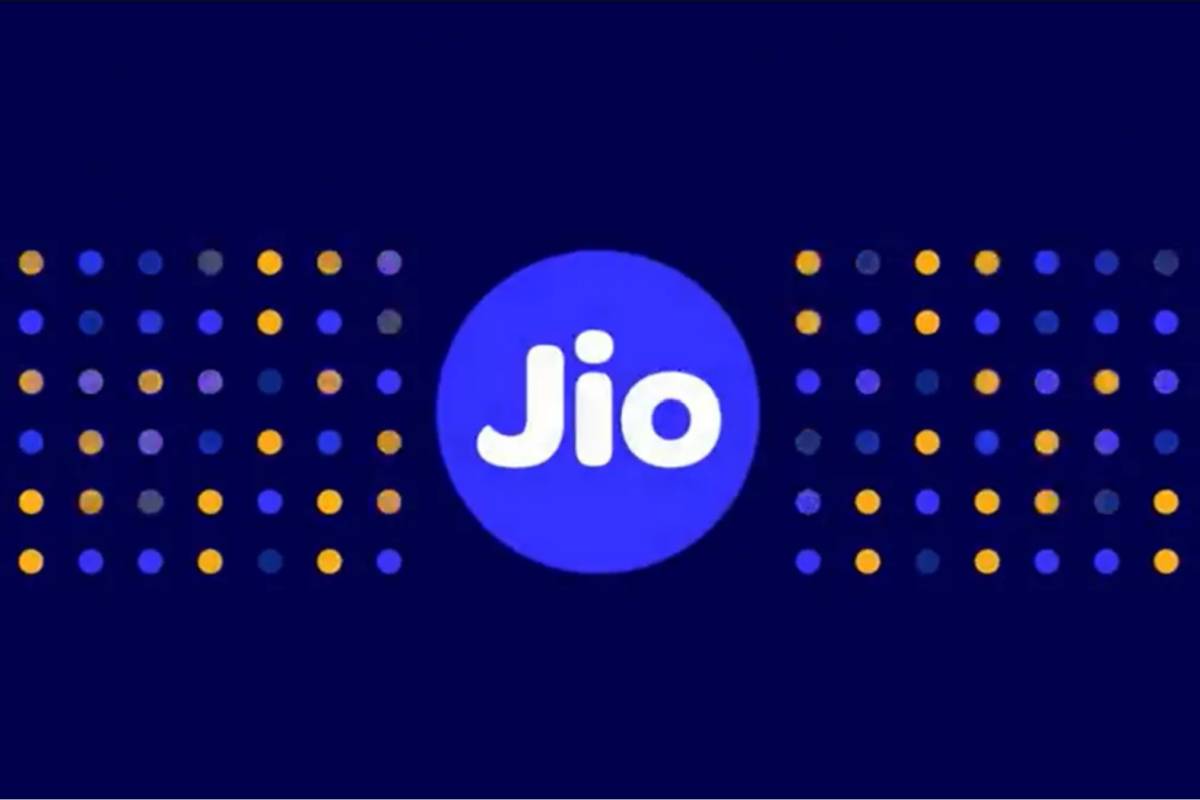Network Evolution: Vodafone Idea Urges Government to Develop Strategy for Migrating 2G Users to Advanced 4G and 5G Networks
In response to the Telecom Regulatory Authority of India’s (TRAI) consulting paper titled “Digital Transformation through 5G Ecosystem,” Reliance Jio has advocated for the formulation of a government policy to phase out 2G and 3G networks in India. The telecom giant proposes the migration of existing users to more advanced 4G and 5G networks. This suggestion aligns with the broader goal of fostering a digital ecosystem that can fully leverage the capabilities of 5G technology. In a parallel stance, Vodafone Idea (Vi) echoed the same sentiment, emphasizing the need for a comprehensive plan to transition 2G users to modernized 4G and 5G networks.
TRAI’s consultation sought insights into the barriers hindering the development of a robust ecosystem for 5G use cases and invited suggestions for policy and regulatory interventions to address these challenges. Reliance Jio’s response emphasized the importance of a government-driven policy and glidepath for the complete shutdown of 2G and 3G networks. This strategic move aims to eliminate unnecessary network costs and facilitate the seamless migration of all users to advanced 4G and 5G services. Furthermore, Reliance Jio believes that such a policy will play a pivotal role in fostering the growth of the evolving ecosystem for 5G use cases.
Vodafone Idea also weighed in on the matter, emphasizing that barriers such as the cost of smartphones hinder users from transitioning to more advanced networks. This, in turn, perpetuates the use of older technologies, contributes to a digital divide, and limits access to the latest digital services and technologies. Both Reliance Jio and Vodafone Idea’s calls for a policy framework to sunset 2G and 3G networks underscore the industry’s recognition of the transformative potential of 5G technology and the imperative to create an environment conducive to its widespread adoption.


















